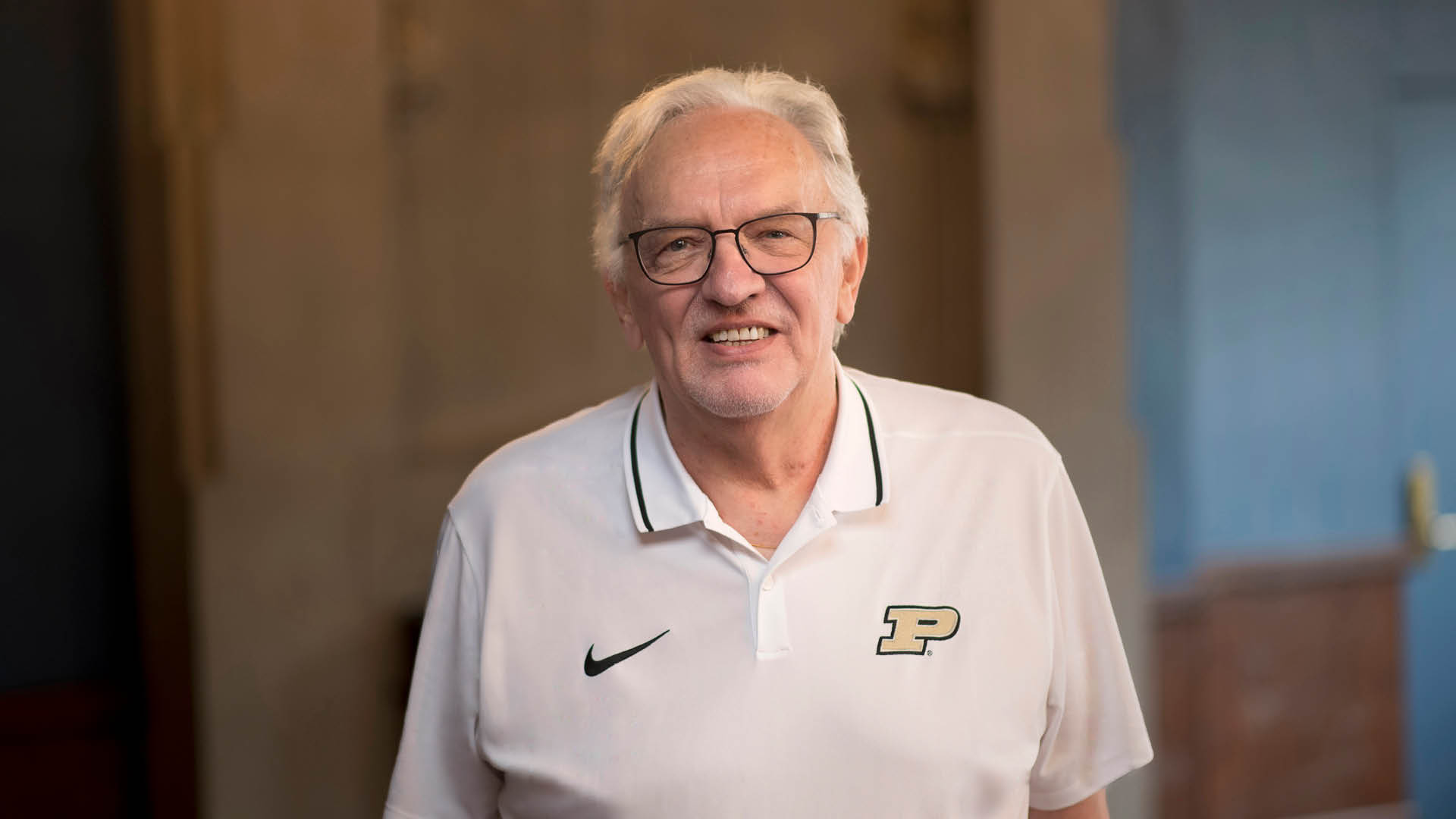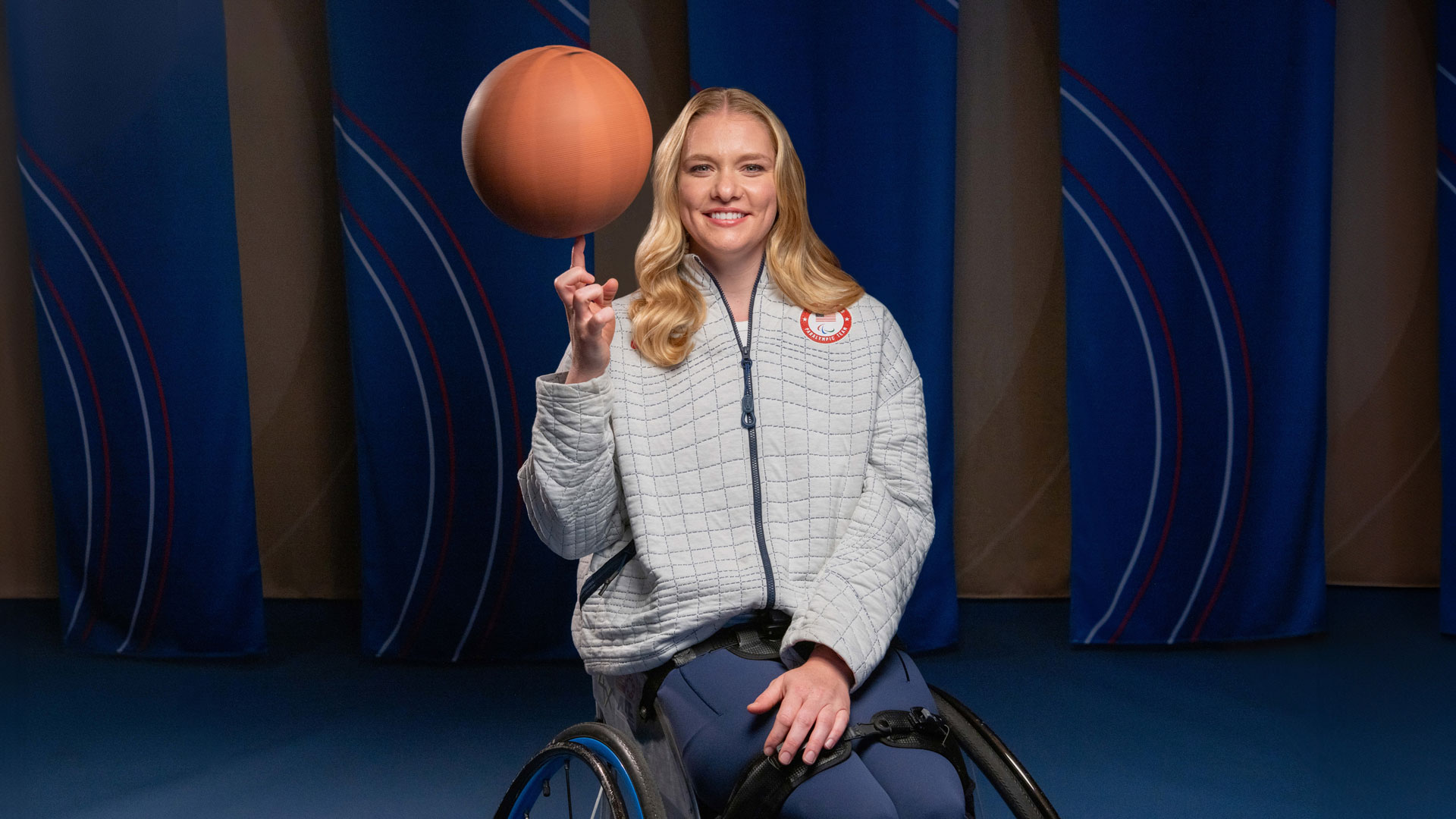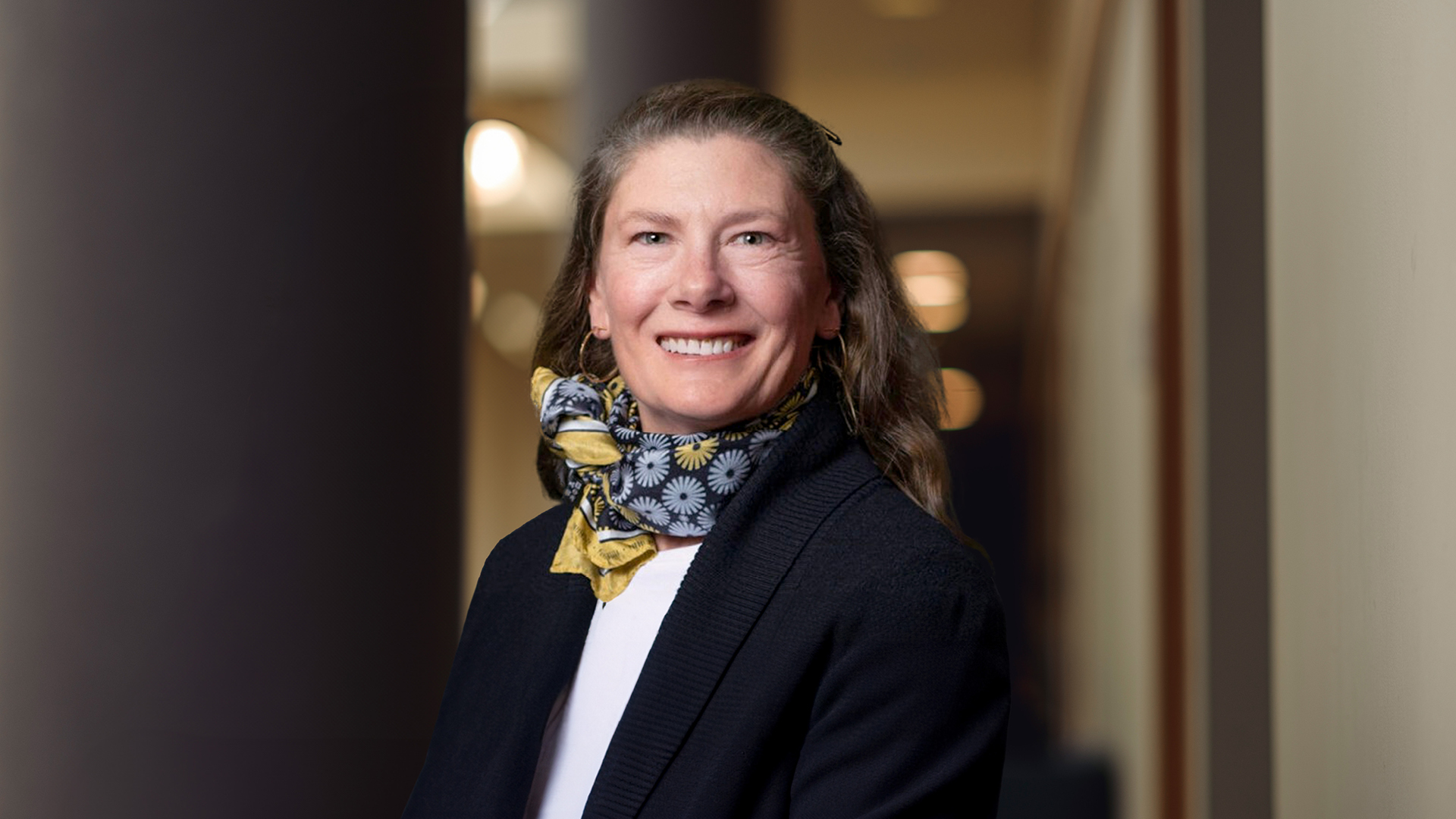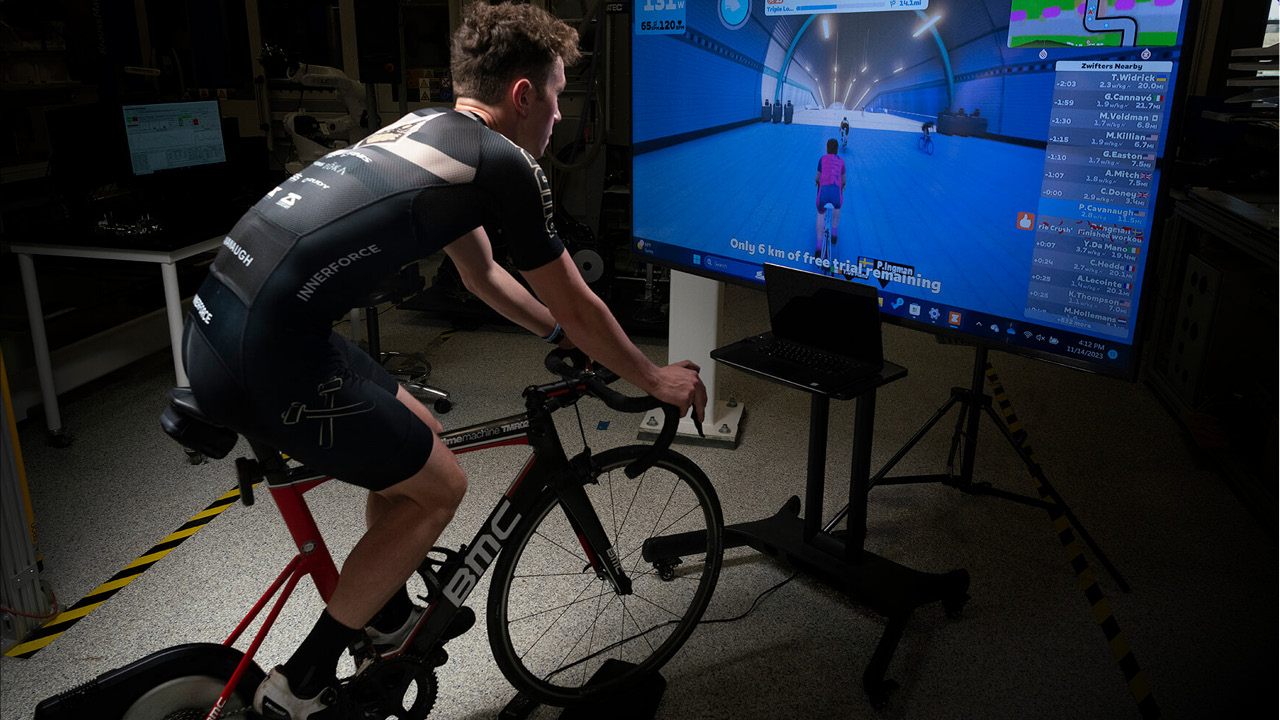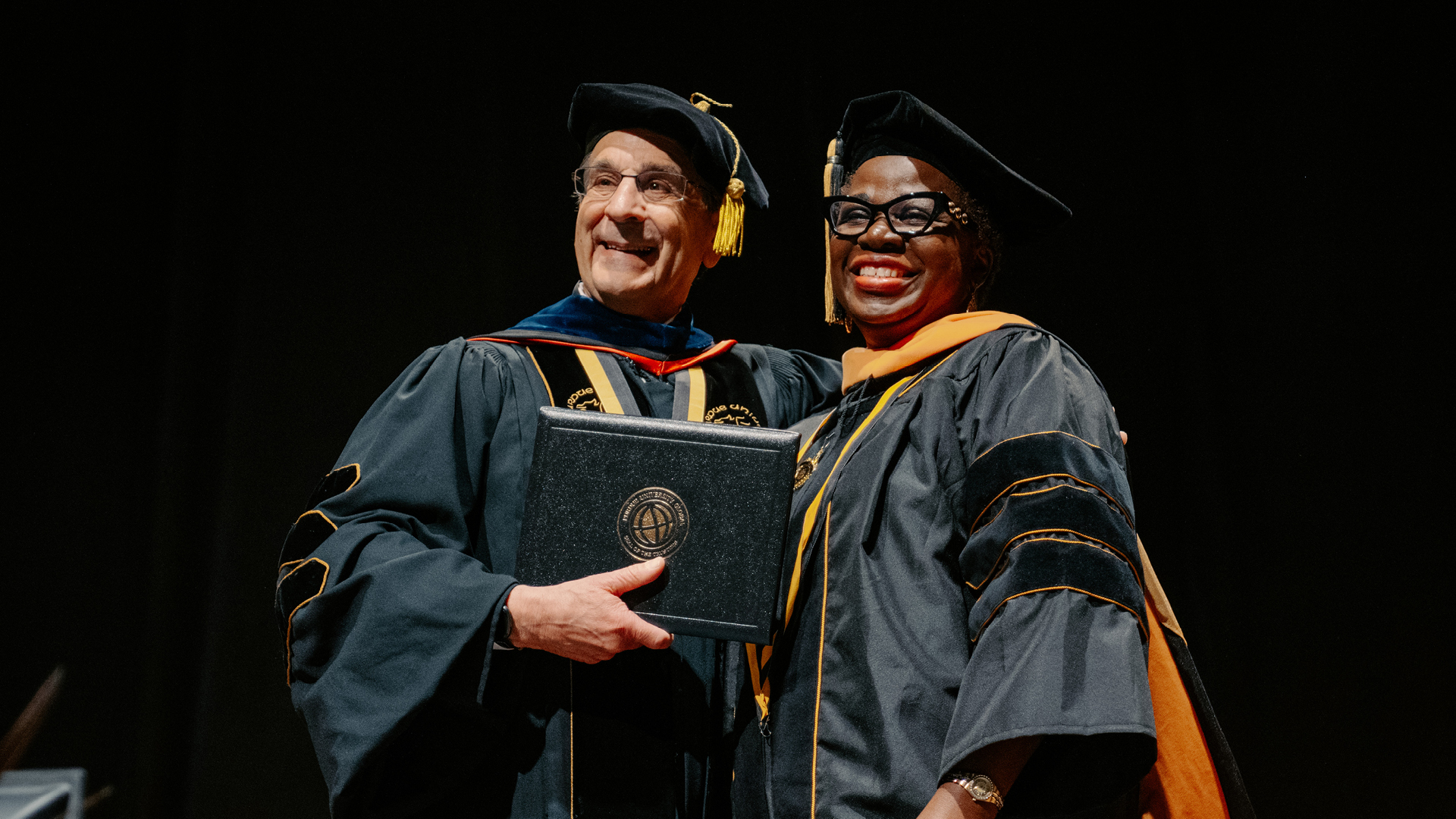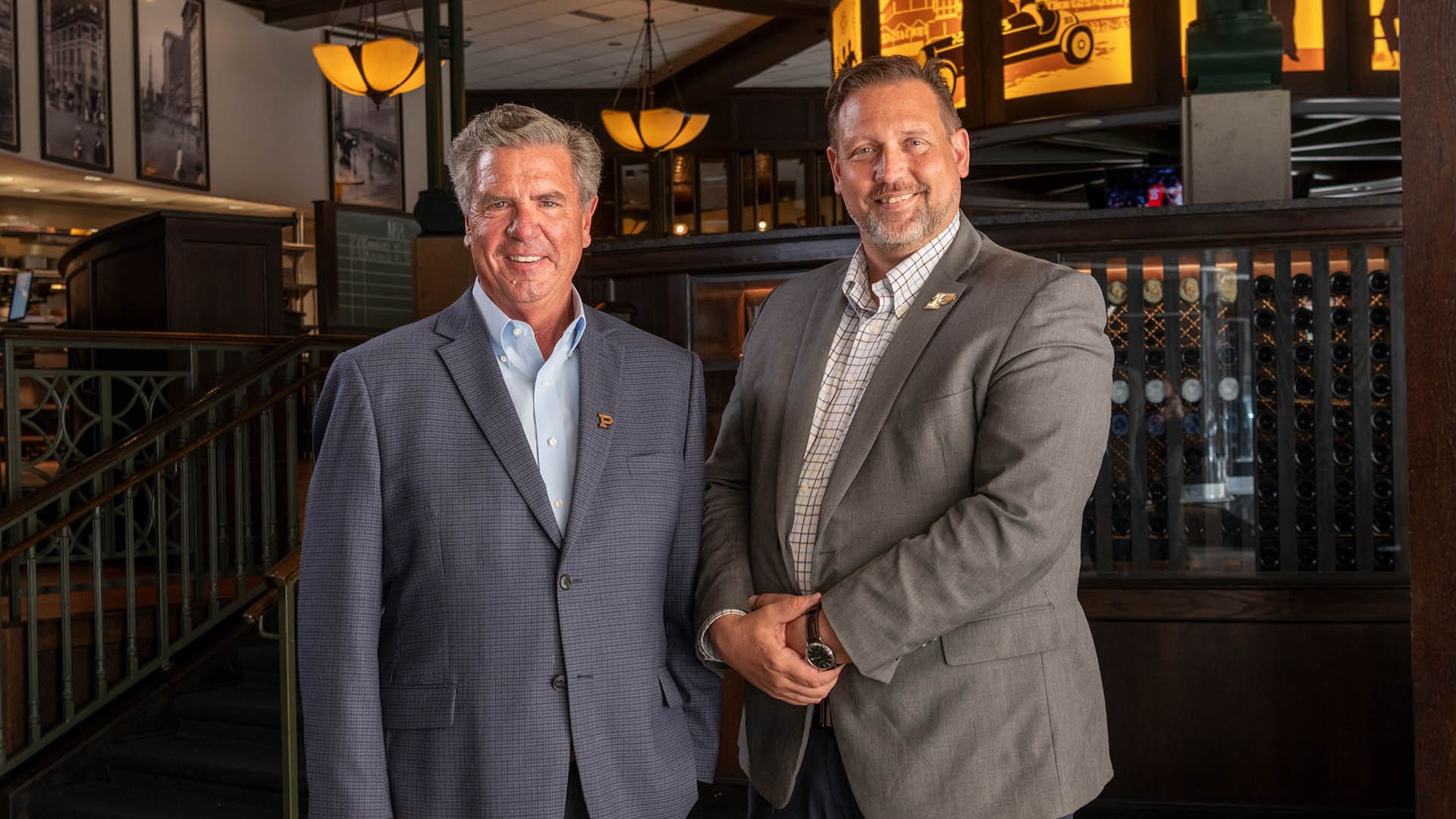Always a student of the field
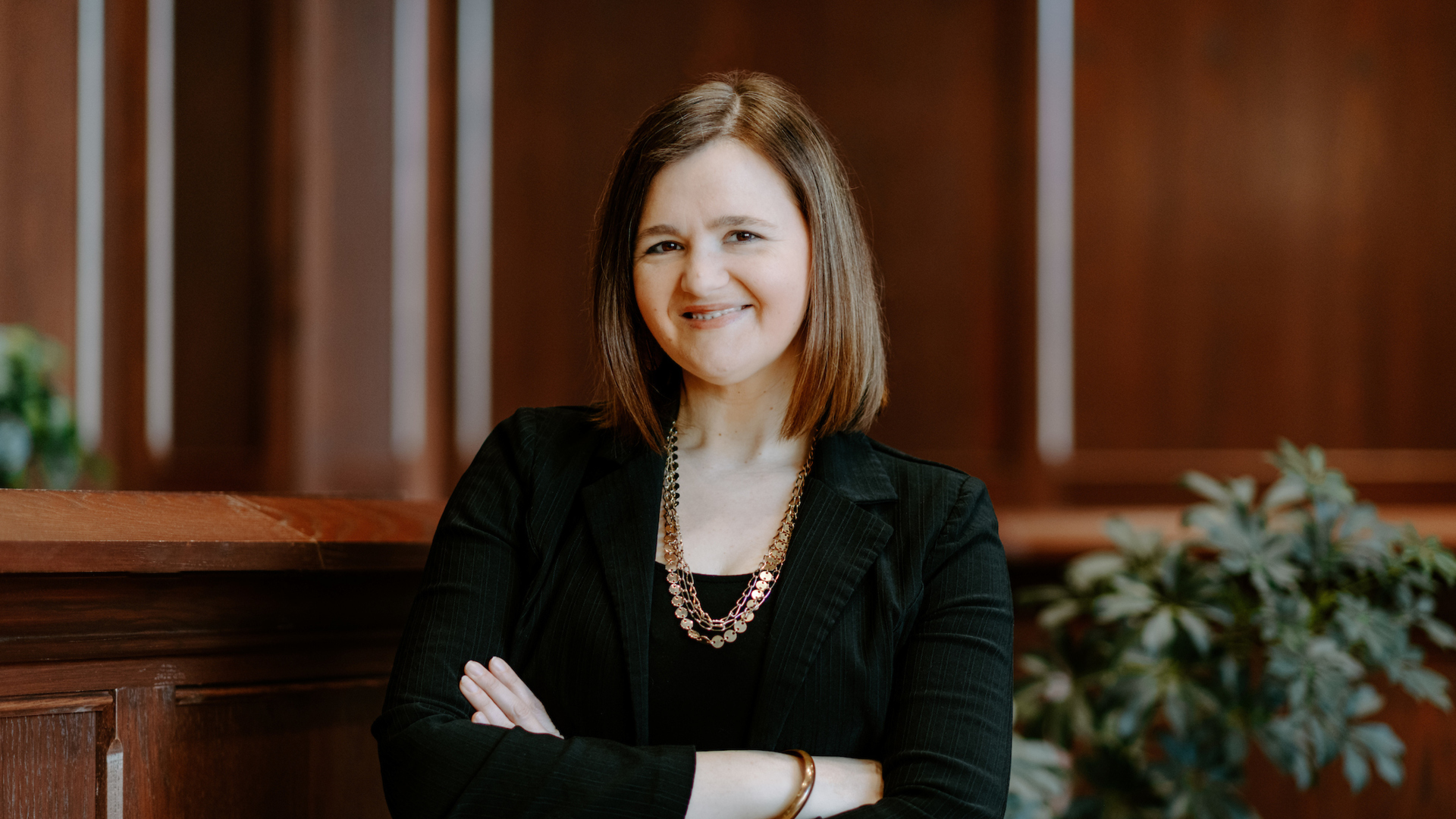
Erin Ward has helped educate Boilermakers since joining the College of Health and Human Sciences at Purdue as a lecturer in 2012.
Excellence in Instruction Award for Lecturers: Erin Ward
Erin Ward has never stopped being a student.
Ward, a senior lecturer in Purdue’s Department of Psychological Sciences and recipient of the university’s 2023 Excellence in Instruction Award for Lecturers, provides instruction to nearly 1,000 Boilermaker undergraduates every year. A large percentage of those students make up her sections of Elementary Psychology, a course that can have up to 500 students at a time. And because the class fulfills a core curriculum requirement, Ward acknowledges that most of her students are not psychology majors.
With that in mind, Ward sets out with a goal at the beginning of every semester: to help students view and apply psychology from the lens of their own discipline. To do that, she finds herself reversing her role from time to time.
Teaching so many diverse students at a university like Purdue is a way to ensure that I am continually a student of the field myself. I am always seeing the material from fresh eyes, and I am always learning from my students.
Erin Ward
Senior lecturer
College of Health and Human Sciences
“If you are teaching psychology primarily to people who are not majoring in it, they are seeing all the unique ways that the material applies to their own future or current careers,” Ward says. “I don’t have access to those points of view when I’m in my own insulated psychology bubble. Teaching so many diverse students at a university like Purdue is a way to ensure that I am continually a student of the field myself. I am always seeing the material with fresh eyes, and I am always learning from my students.”
Ward joined the College of Health and Human Sciences at Purdue as a lecturer in 2012 and comes from a family of Boilermakers – and teachers. Her dad is a professor of communication in the Brian Lamb School of Communication, where her mom also currently teaches online courses.
Ward also teaches other large psychology courses, including Stereotyping and Prejudice. She says it can be challenging to encourage engagement in a class that addresses sensitive content. That’s where her creativity comes into play. Ward gives students the option to participate and have a voice through online exercises where they can remain anonymous. Without practice, Ward says, students can’t gain the confidence to have those conversations outside the classroom.
“Students learn there is a safe way we can talk about these issues,” Ward says. “I have students come to me and say, ‘I have challenged myself to think about how to interact with other people in different settings, and I can do it in a way where I don’t feel as scared.’ I start to cry when I hear things like that. There are moments I am very privileged to be in a discipline that has the potential to change people in such important ways and help them critically think about some of the things that are so important in our world right now.”
Encouraging engagement in a classroom setting with uncomfortable topics isn’t easy. Ward says she has students who raise their hands and jump into discussions the very first day, while some students never raise their hand once. Giving students flexibility and options on how and when they want to participate can remove some of the anxiety that stems from speaking up on topics that they might otherwise steer away from.
“I’m always trying to find a balance between challenging them to engage but not make it so scary they want to bow out,” Ward says. “They are really dialed into the issues we bring up in class and they are thirsty to learn and talk about them, but there is also a sense of trepidation – especially in front of their peers.”
Ward wants her classroom to be a safe space for learning and engagement. She also wants it to be a space that isn’t intimidating or overwhelming, especially for her larger courses. Since 2019 Ward has been redesigning her courses to implement technology in ways that help students get more out of larger classes. After the COVID-19 pandemic shifted in-person classes to virtual learning in 2020, Ward found herself a step ahead of the game – but she also challenged herself to make online learning even more interactive. With some self-taught video editing skills, Ward was able to break down her large lectures into smaller, more digestible clips that had interactive questions for students to answer embedded right within the videos. She also incorporated online small group discussions and e-textbooks.
The response from students has been overwhelmingly positive, with one mentioning that her setup should be the “gold standard” for how to approach online courses. Nearly 50 of her fall 2020 introductory psychology students spontaneously collaborated to co-sign and submit a letter of thanks for how well she incorporated creative methods to support and engage them when classes moved to virtual learning.
To this day, Ward is still teaching asynchronous online courses – giving students a flexible option when they might need it.
“When you have hundreds of students who are listening to you, you’re aware that what you do – and what you say – has the potential to matter,” Ward says. “That in itself is inspiring and motivates me to keep things engaging. Asking yourself the question of ‘How do I take a huge class online and make it digestible and interactive?’ can be daunting, but the feedback from my students has shown me that it has all been worth it.”
That feedback is what challenges Ward to keep doing what she’s doing.
“We know from psych research that one of the most psychologically beneficial things we can do is express gratitude,” Ward says. “When a student expresses gratitude for something I’ve taught them – and especially if it helps them change the way they view the world around them – there’s nothing more inspiring than that.”
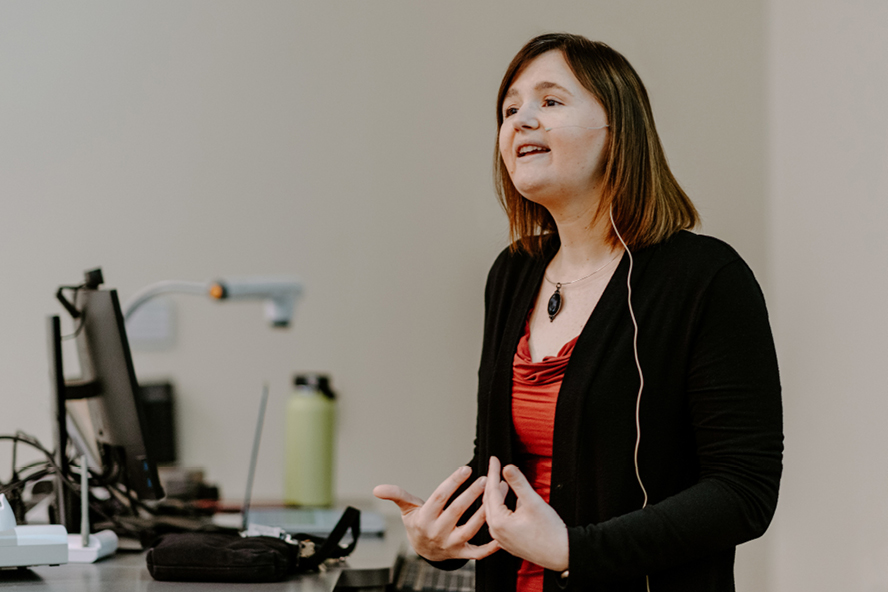
We know from psych research that one of the most psychologically beneficial things we can do is express gratitude. When a student expresses gratitude for something I’ve taught them – and especially if it helps them change the way they view the world around them – there’s nothing more inspiring than that.
Erin Ward Senior lecturer
College of Health and Human Sciences
